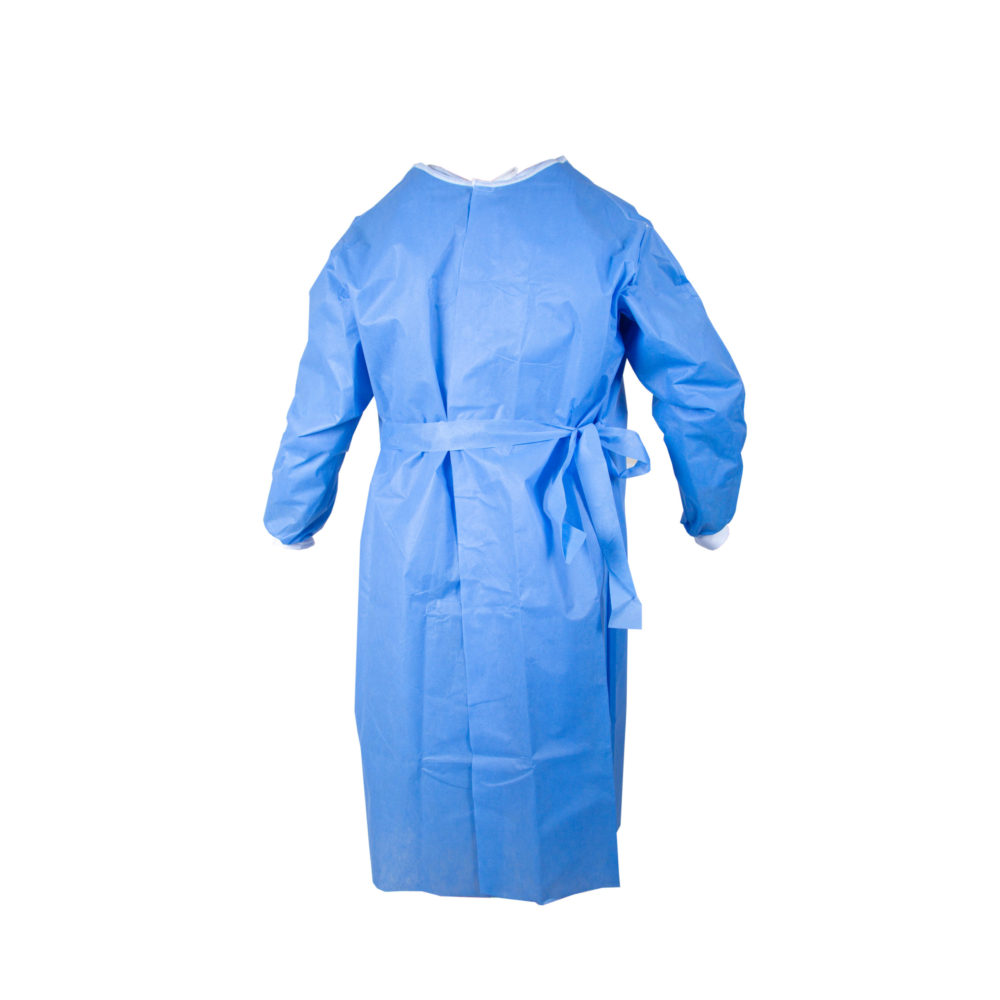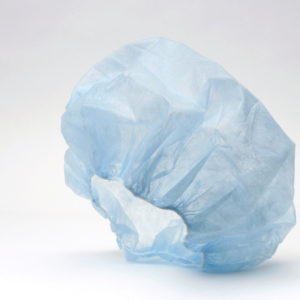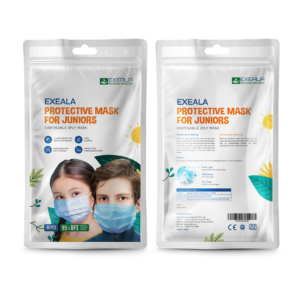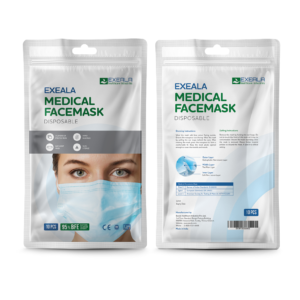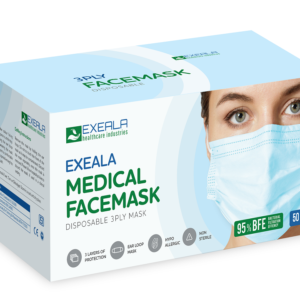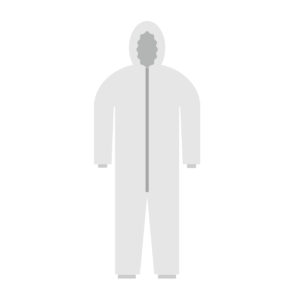Disposable aprons form a vital component of most hospital workers’ personal protective equipment (PPE). Hospital personnel are often required to wear suitable, disposable plastic aprons because of the potential risk of exposure to a variety of hazards within the hospital environment. It is essentially, an outer garment covering the front of the body for protection of clothing during surgery or certain nursing procedures.
Functions
- To prevent cross contamination when a medical professional has to be in close contact with the patient, materials or equipment in theatre, isolation wards, patient wards and ICU.
- Protect uniforms or other clothing from microorganisms, or when there is a risk of contamination with blood or bodily fluids.
- Offer a high level of protection to the CSSD worker.
Material and Structure
- Polyethylene with a minimum thickness of 20 microns.
- Resistant to spray impact penetration and hydrostatic pressure variances.
- Full length/half length front panel with loop for waring over the neck.
- Aprons are available in variety of colors (white, red, yellow, blue and green).
How to pun on an apron
- Perform hand hygiene.
- Remove an apron from the roll or dispenser.
- Place the neck loop over the head
- Position the apron to cover as much of the front of the body as possible.
- Fix the apron in place by tying the waist straps behind the back.
How to remove the apron
- If disposable gloves are being used, they should be removed first.
- Break the neck loop and waist straps.
- Roll the apron downwards from your chest so the contaminated outer surface is folded inwards. Avoid touching the outer surface of the apron.
- Dispose of the apron in a hazardous waste bin.
- Perform hand hygiene.

